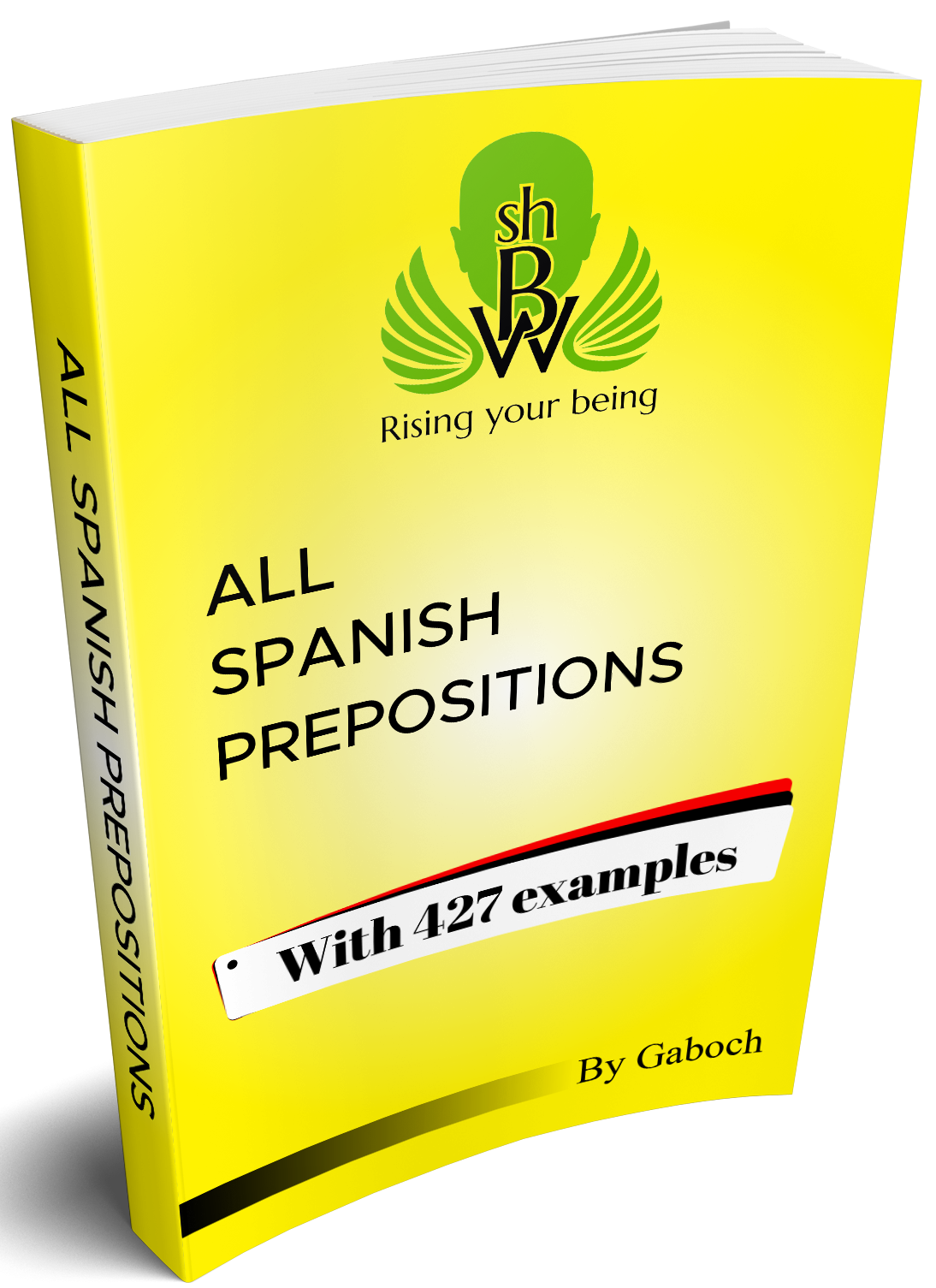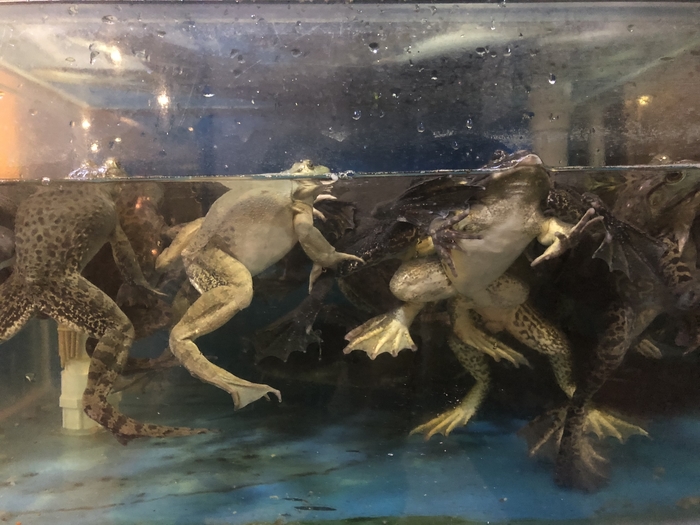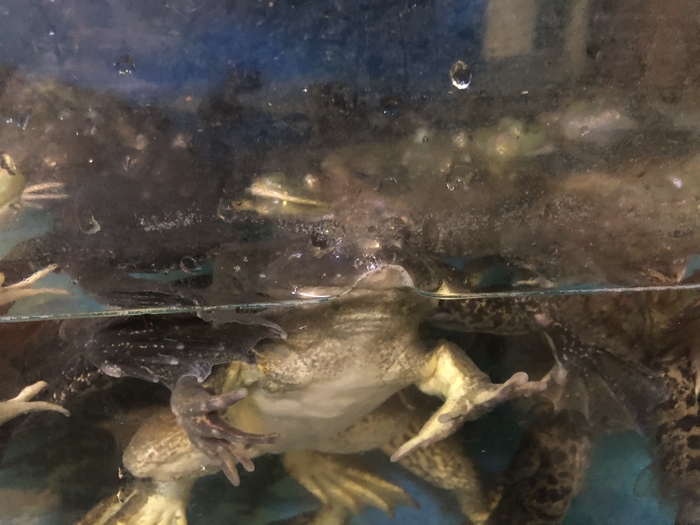Indicative – Present simple in Spanish
smallhead BIGWISDOM
Rising your being
Indicative – Present simple in Spanish
The main use of the Present Simple is to express simultaneity between the action and the time in which it happened.
Examples:
Affirmative Form:
- Esta es mi casa (This is my house)
- Elías juega con Rodrigo (Elías plays with Rodrigo)
- Ellos trabajan de lunes a sábado (They work from Monday to Saturday)
- Nosotros bailamos salsa (We dance salsa)
- Yo como verduras todos los días (I eat vegetables every day)
- La niña, el niño, y sus padres oran antes de cenar (The girl, the boy and their parents pray before dinner)
Negative Form:
- Esta no es mi casa (This isn’t my house)
- Elías no juega con Rodrigo (Elías doesn’t play with Rodrigo)
- Ellos no trabajan de lunes a sábado (They don’t work from Monday to Saturday)
- Nosotros no bailamos salsa (We don’t dance salsa)
- Yo no como verduras todos los días (I don’t eat vegetables every day)
- La niña, el niño, y sus padres no oran antes de cenar (The girl, the boy and their parents don’t pray before dinner)
However, there are other uses of this tense.
Habitual. Actions performed regularly. They could happen at the moment of speaking, but they have occurred in the past and will again happen in the future.
Example:
- El personal de esta empresa toma cursos de primeros auxilios (The stuff of this company takes first aid training)
- Conduzco mi auto todos los días (I drive my car every day)
Historical. It is used to expressed past events but giving them a sense of being present facts. By the context, we know it is a past action.
Example:
- Henry Ford nace en el seno de una familia pobre en 1863 (Henry Ford was born in a poor family in 1863)
- En ese año empieza la gran crisis económica (In that year, the economic crisis started)
Atemporal. It doesn’t involve any specific chronological moment, but it reflects globally valid facts. It is mainly used to give definitions, descriptions or explanations:
Example:
- Esa foto del siglo XVIII refleja a un hombre de avanzada edad, de apariencia saludable, pero con una mirada taciturna (That picture of the XVIII century reflects an elderly man, of healthy appearance but with a taciturn look)
- Ella tiene el cabello largo y negro (She has long and black hair)
The Present Simple conjugation of the model regular verbs (ar, er, ir) is:
Amar | Correr | |
Yo | amo | corro |
tú | amas | corres |
usted, él, ella | ama | corre |
nosotros o nosotras | amamos | corremos |
vosotros o vosotras | amáis | corréis |
ustedes, ellos, ellas | aman | corren |
Partir | |
Yo | parto |
tú | partes |
usted, él, ella | parte |
nosotros o nosotras | partimos |
vosotros o vosotras | partís |
ustedes, ellos, ellas | parten |
Get the book about 1100 English-Spanish Cognates!
Bonus: Audio pronunciations
Get it now!
(See Table of Content)













